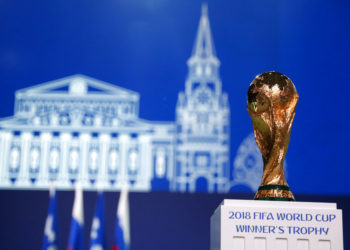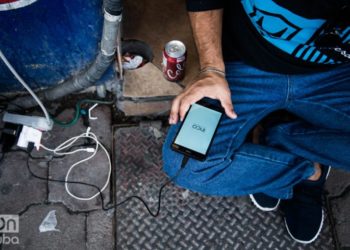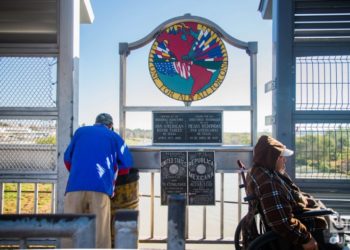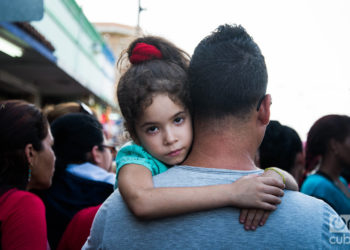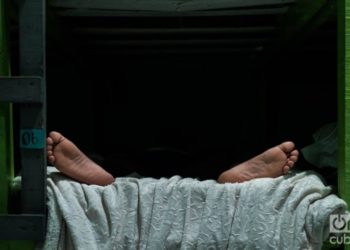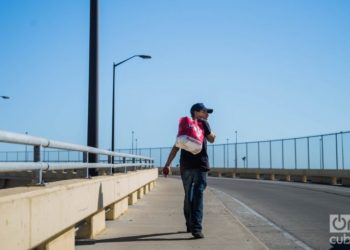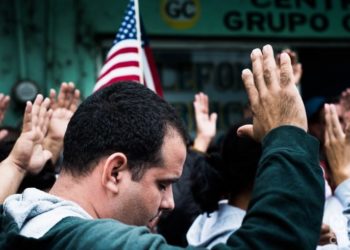Four reasons why this World Championship was political
Money and Passports While European countries are closing the door to hundreds of thousands of refugees and letting many of them drown in the Mediterranean, its soccer federations are taking advantage of the immigration. 24 of the 32 teams had foreigners in their ranks. Switzerland has several Albanian players in its team: Xhaka, Shaquiri, Behrami and Dzemaili. The country with the most complex migration laws in the world has a total of 13 nationalized players in its team, more than any other team in this Championship. In addition to the Albanians there are Mvogo, Embolo, Moubandje and Oberlín from Cameroon; Fernandes from Cape Verde; and Djourou from Ivory Coast. The British team listens to the national anthem before playing against Sweden in the quarter finals of the World Championship, in Samara, Russia. Photo: Matthias Schrader / AP. In France Mandanda is from Zaire and Umtiti from Cameroon. Lemar is French but from the “overseas” territories: he was born in Guadeloupe. In Spain Diego Costa and Rodrigo are Brazilian. Like Fernándes, the Russian defense, and Pepe, the Portuguese defense. In Portugal there are also Martins from Cape Verde and Carvalho from Angola. Sterling, the British 10, is Jamaican. In almost all...

